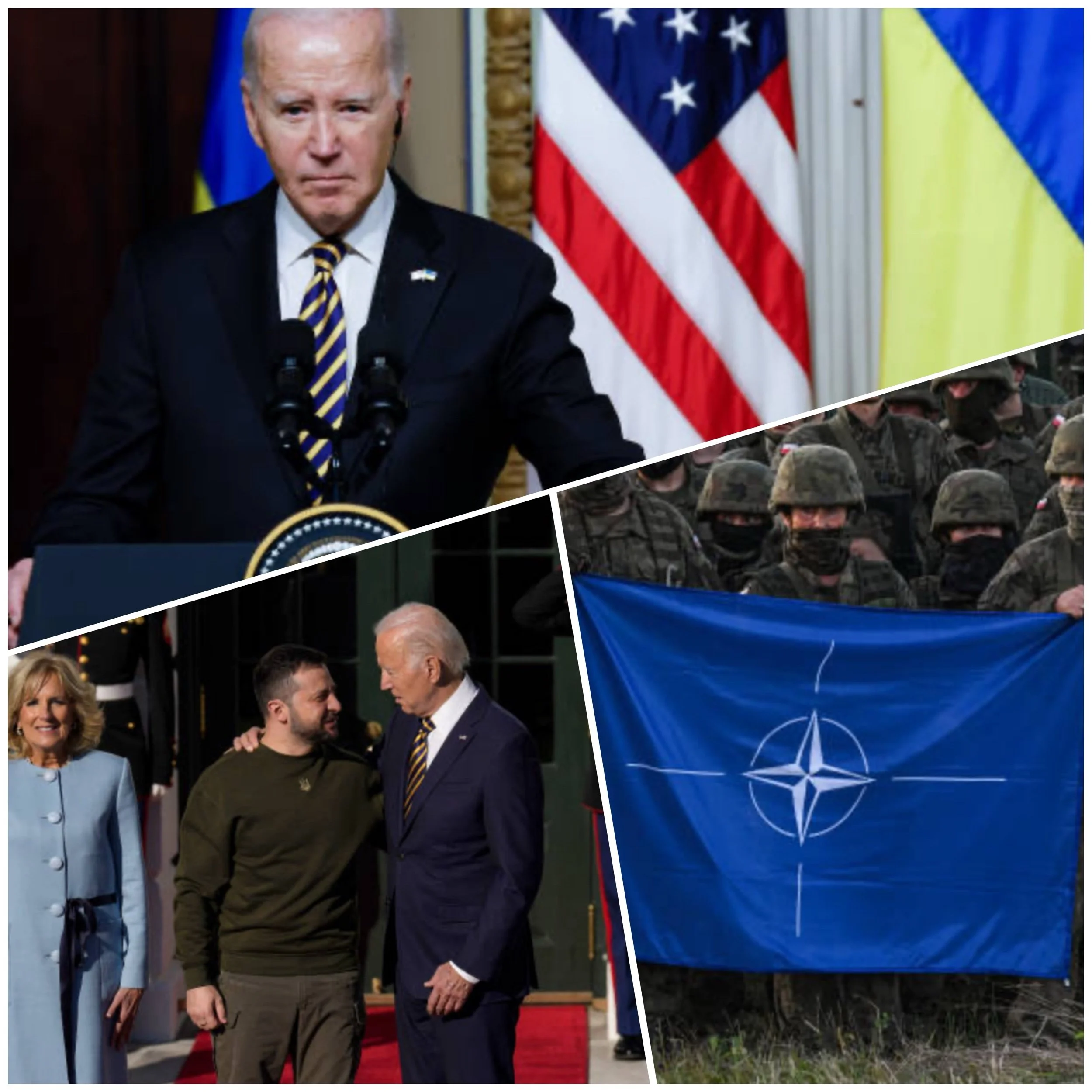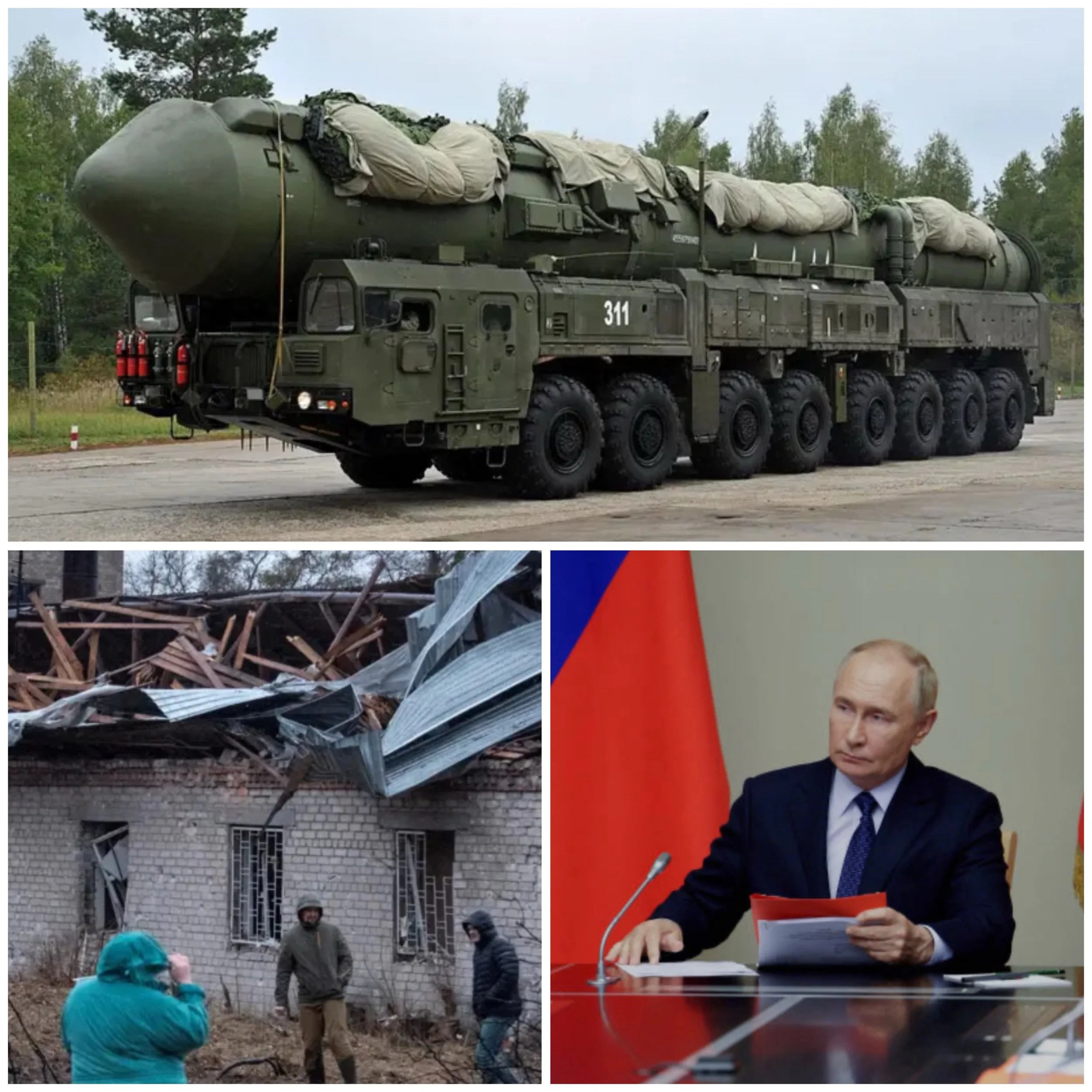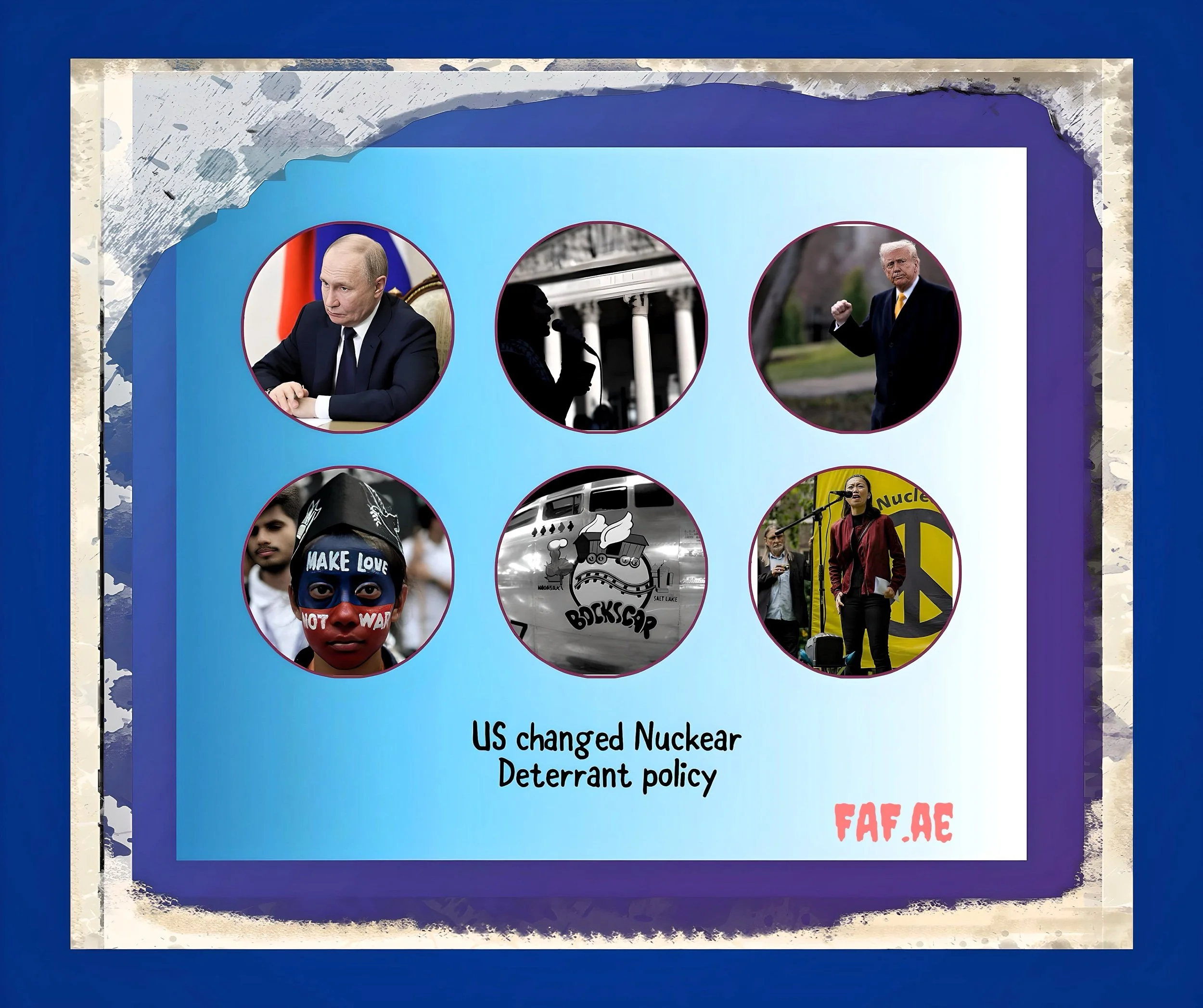What are the potential risks for the U.S. and its allies in authorizing these missiles
Introduction
The authorization for Ukraine to use long-range U.S.-supplied missiles to strike targets inside Russia carries several potential risks for the United States and its allies:
Escalation of Conflict
Russian Retaliation: There are concerns that this move could provoke a strong retaliatory response from Russian President Vladimir Putin against the United States and its allies.
Expanded Covert Operations: Russia might intensify its campaign of sabotage and other forms of hybrid warfare across Europe in response.
Intelligence Warnings
U.S. intelligence agencies have cautioned about potential Russian reactions, including:
Infrastructure Targeting: Increased acts of sabotage and arson targeting infrastructure across Europe.
Military Installations: Potentially lethal attacks on military installations belonging to the U.S. and its allies.
Diplomatic and Strategic Risks
Nuclear Threats: Putin has warned that allowing such strikes could even trigger a global conflict, potentially escalating to nuclear threats.
NATO Involvement: There are concerns that these actions could draw NATO countries more directly into the war.
Political Implications
Domestic Opposition: The decision may face criticism from some U.S. political figures, as evidenced by comments from Trump’s advisers.
Policy Uncertainty: With the upcoming change in U.S. leadership, there’s uncertainty about whether this policy will be maintained under the Trump administration.
Limited Strategic Impact
Questionable Effectiveness: Some U.S. officials are skeptical that allowing long-range strikes will significantly change the war’s overall trajectory.
Resource Constraints: The limited supply of these missiles may restrict their strategic impact on the conflict.
Conclusion
While the authorization aims to provide Ukraine with more robust defensive capabilities, it represents a delicate balance between supporting Ukraine and managing the risk of further escalation in the conflict. The decision reflects the complex geopolitical considerations at play, including the involvement of North Korea and the impending change in U.S. leadership.





